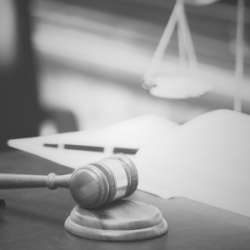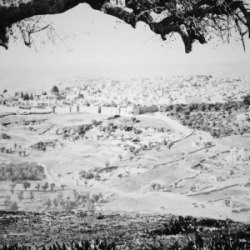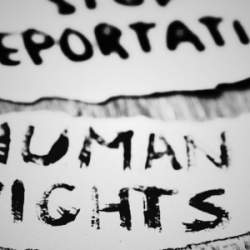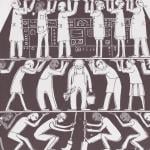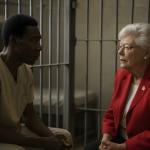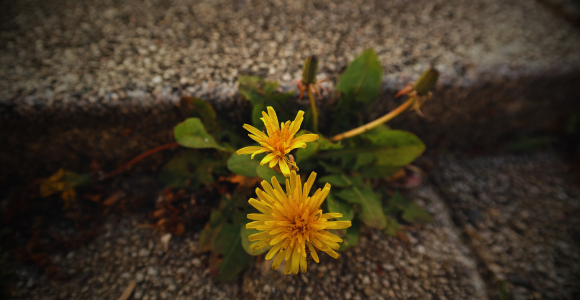
I don’t believe that “faith” in our reading this week means believing in the supernatural or the existence of a deity. Almost everyone believed in the supernatural when Luke was written. The passage is describing faith of a totally different nature: the kind of faith that believes that our world can be different. This faith believes that the moral arc of the universe can be bent toward justice. That hatred, injustice, and violence doesn’t have to have the last word. That life and love and justice wins. That the narrow path, the golden rule, is genuinely the better way. This is the kind of faith that both theists and non-theists alike can embrace. In an interview, Angela Davis once said, “We always have to act as if revolution were possible. We have to act as if it were possible to change the world. And if we do that work, the world is gonna change. Even if it doesn’t change the way we need it to change right now, it will change.” (Spirit of Justice with Michelle Alexander & Angela Davis)
Welcome Readers! Please subscribe to Social Jesus Here.
This is Part 3 of the series The Parable of the Widow and the Unjust Judge
(Read this series from its beginning here.)
Theologian Delores Williams also comments on this kind of faith, though with more of a religious kind of verbiage than Davis:
I traveled to faith—learning to trust the righteousness of God in spite of trouble and injustice; learning to trust women of many colors regardless of sexism, racism, classism and homophobia in our society; learning to believe in the sanctuary power of family defined in many ways in addition to nuclear; discovering love in a variety of forms that heal, but also believing serious political action is absolutely necessary for justice to prevail in the world of my four black children and other mothers’ children. Faith has taught me to see the miraculous in everyday life: the miracle of ordinary black women resisting and rising above evil forces in society, where forces work to destroy and subvert the creative power and energy my mother and grandmother taught me God gave black women. (Delores S. Williams, Sisters in the Wilderness: The Challenge of Womanist God-Talk, Preface, Kindle location 164)
Scholars who live in a more privileged social location also agree about what this kind of faith would have meant in the gospels:
But the ancient meaning of the word “believe” has much more to do with trust and commitment. “To believe in the good news,” as Mark puts it, means to trust in the news that the kingdom of God is near and to commit to that kingdom. (Marcus Borg and John Dominic Crossan, The Last Week, Kindle location 480)
I can understand the challenges Luke’s author must have been facing by trying to inspire people to believe in the wake of hopeless devastation. It resonates with where many of us are today. Despite growing polarization and setbacks, believing in social justice today is not naïve—it’s necessary. Every movement for equality has faced resistance, yet progress has always come through those who refused to give up. From climate justice to racial equity, just voices are louder, more connected, and more persistent than ever. Grassroots efforts, legal reforms, and digital activism are reshaping narratives and holding power accountable. The fight is far from over, and yet each small victory builds momentum. Believing in social justice means choosing hope over cynicism and action over silence. Change is slow, but it is still within reach—if we keep pushing, if we continue, like the widow, who “nevertheless, she persisted.”
Begin each day being inspired toward love, compassion, justice and action. Free.
Sign up at HERE.






